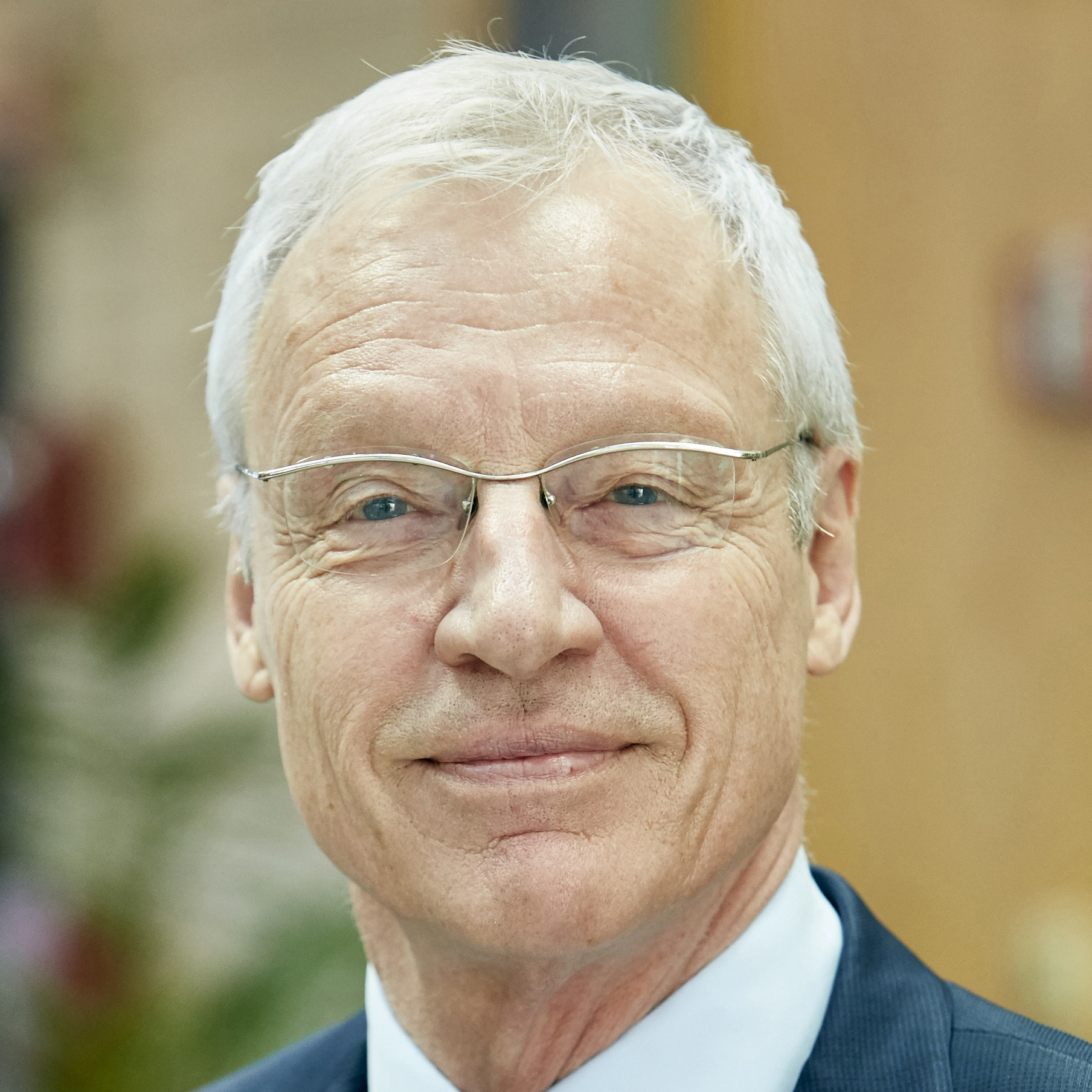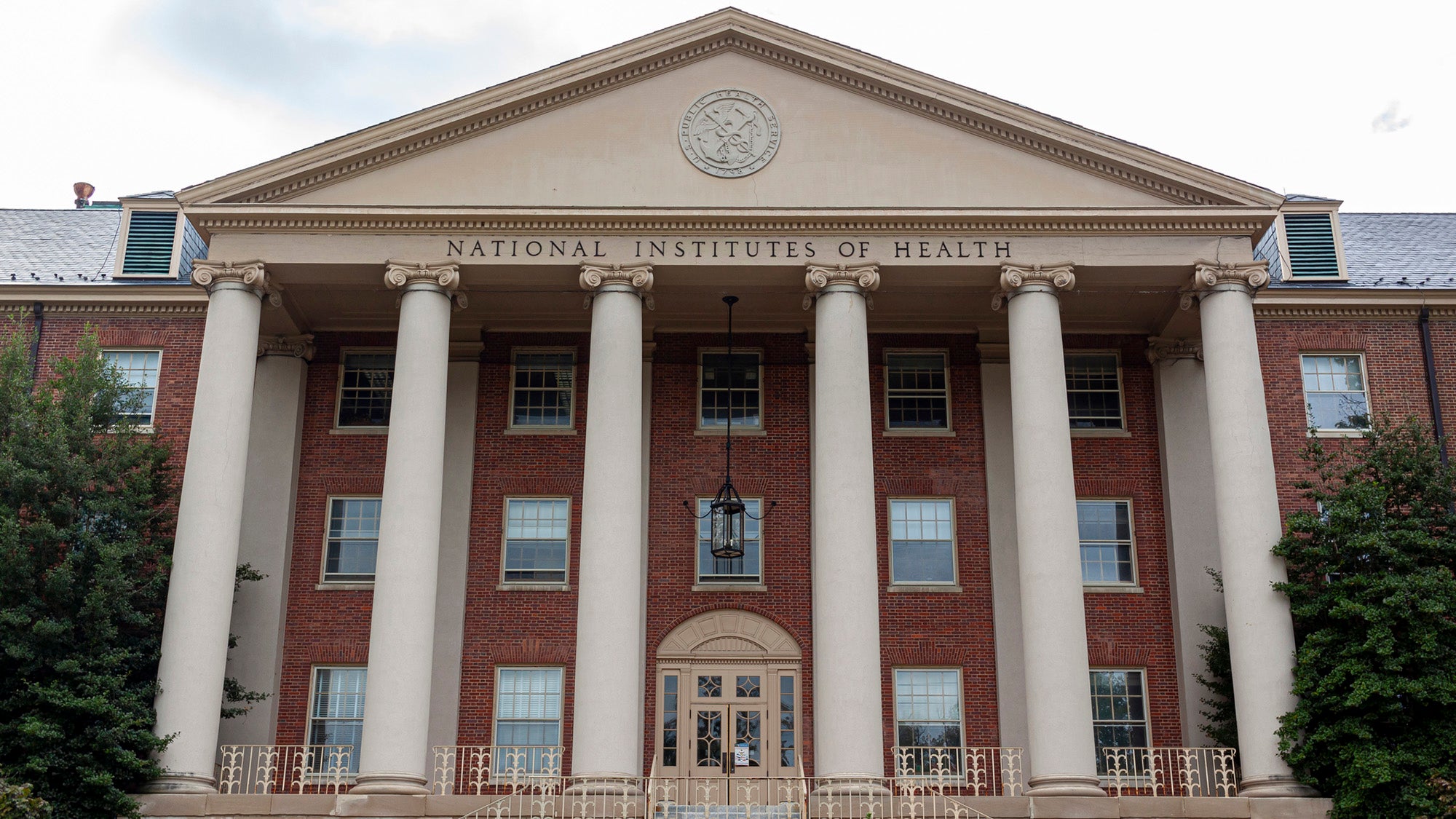Department of Epidemiology
Learn how we advance public health globally by researching the frequency, distribution, and causes of human disease, and shaping health policies and practices.
677 Huntington Avenue
Kresge, 9th Floor,
Boston, MA 02115
Who We Are
Our impressive faculty is recognized for their expertise in a wide array of disciplines, allowing our department to remain at the forefront of epidemiology and actively engaged in research which is regularly published in the world’s most respected health journals.
Our researchers work in collaborative and multidisciplinary ways to effectively control and ultimately prevent human disease by enhancing the validity and efficiency of epidemiological investigation methodologies and expanding their practical applications.
Our talented and exceptionally dynamic students pursue groundbreaking research initiatives and go on to become medical and public health leaders who ignite positive changes in the quality of life of people across the world.
What Sets Us Apart
We have a long tradition of teaching and researching the epidemiology of cancer, cardiovascular disease, and other chronic diseases, as well as epidemiologic methodology. Many members of the department are at the forefront of tackling these issues, coming up with innovative strategies and testing new ideas.
We offer a well-rounded curriculum that can be applied across a variety of disciplines for career growth. We empower our students with the critical thinking and problem-solving skills they need to address current and future public health challenges.

Researching new ways to prevent Alzheimer’s
Despite the oceans separating Boston and Bangladesh, Irfan Chaudhuri, SM ’24, always remained close with his grandparents. In a recent interview, he discussed how their lives helped inspire his path.
Department Chairs
Our People
Our faculty and researchers are recognized globally for their innovative work and research.
Our dedicated staff keeps our department running.
More information
The Department of Epidemiology hosts a range of research programs and centers. Below you will find those that are affiliated with our department.
The department works diligently to secure funding opportunities for both new and returning students, but cannot guarantee that every student will receive funding. Students are encouraged to explore multiple funding sources and apply early.
Funding opportunities include:
• Departmental (partial awards for returning students)
• Non-institutional awards (selective or private)
• Loans or grants (Student Financial Services)
Current students and postdocs can find more information on departmental funding opportunities on our intranet site, linked at the top right of the homepage.
New students seeking more information can contact the Harvard Epidemiology Academic Team (heat@hsph.harvard.edu).
Degree Programs
Doctor of Philosophy — Population Health Sciences
A cohort-based, multidisciplinary degree that provides students with the research and analytical tools needed to tackle a wide range of complex, large-scale public health issues.
Master of Science — Epidemiology
The Master of Science programs in Epidemiology train students to effectively research the frequency, distribution, and determinants of human disease.
Master of Public Health — Epidemiology
The MPH in Epidemiology is a part-time, predominantly online degree designed to provide you with the quantitative skills necessary for clinical and population health research, policy, and programs.
Master of Public Health — Clinical Effectiveness
The Master of Public Health in Clinical Effectiveness provides students with the skills required to identify the most appropriate, ethical, and cost-effective means of providing health care.
Master of Public Health — Quantitative Methods
The Master of Public Health in Quantitative Methods provides students with the analytical and quantitative skills they need to successfully approach and solve problems in public health.
Concentrations
Explore a range of interdisciplinary concentrations, designed to deepen students’ experience in academic or professional areas aligned with their career goals.
Epidemiology of Infectious Disease
This interdisciplinary concentration has a well-established multidisciplinary approach to education and research that includes the Departments of Biostatistics and Immunology and Infectious Diseases.
Obesity Epidemiology and Prevention
This interdisciplinary concentration trains students in the theoretical, methodological, and applied knowledge and skills necessary to conduct obesity-related epidemiology.
Population Mental Health
The goal of this interdisciplinary concentration is to increase expertise in mental disorders among public health professionals.




